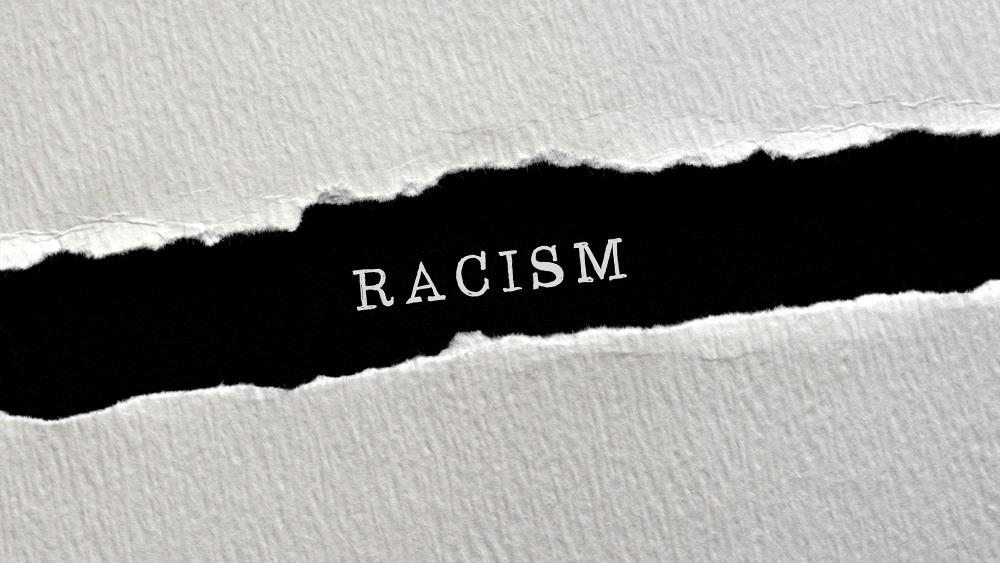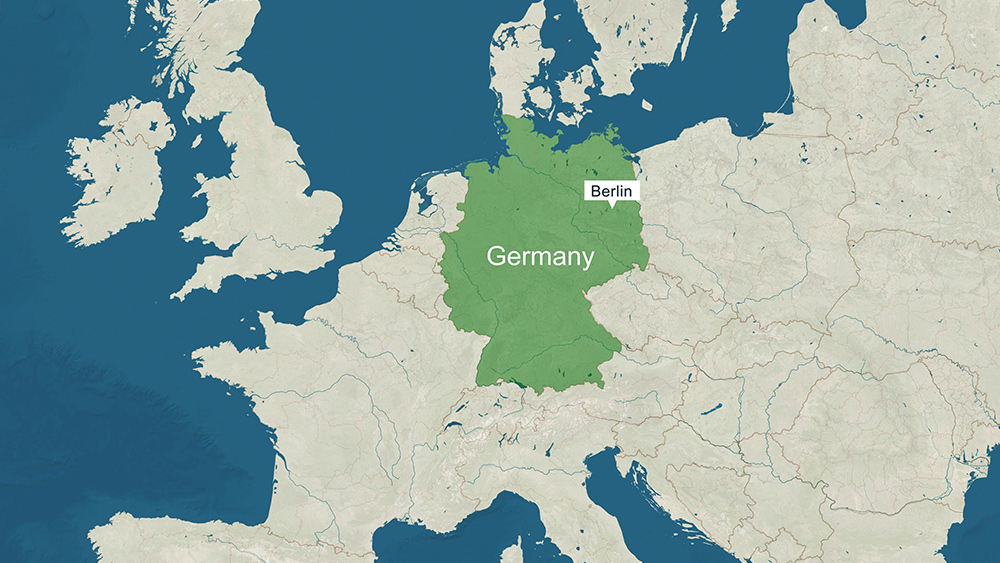TYRANNY through CENSORSHIP: Web browsers could soon be required by law to block traffic to what the government labels “fraudulent” websites
08/11/2023 / By Ethan Huff

The French government has issued a worrying proposal that Mozilla’s Open Policy & Advocacy blog is warning could eventually lead to governments being able to block all websites deemed “fraudulent.”
Calling the plan “well-intentioned yet dangerous,” Mozilla warns that the French government is plowing ahead with plans to force web browsers like Firefox “to create a dystopian technical capability” allowing bureaucrats to regulate what people see online.
“Article 6 (para II and III) of the SREN Bill would force browser providers to create the means to mandatorily block websites present on a government provided list,” Mozilla explains about the plan.
“A world in which browsers can be forced to incorporate a list of banned websites at the software-level that simply do not open, either in a region or globally, is a worrying prospect that raises serious concerns around freedom of expression. If it successfully passes into law, the precedent this would set would make it much harder for browsers to reject such requests from other governments.”
(Related: Even before the Wuhan coronavirus (Covid-19) appeared out of nowhere, Google was already pushing a “final solution” to eradicate independent news sites from the web forever.)
Could such a law ever be enacted in the United States?
Since the deep state is having trouble containing the spread of “misinformation” online via content providers and publishers (i.e., Facebook, Google, and Twitter), it is apparently switching tactics to go after browsers themselves.
We are told that the government would basically feed a website blacklist to web browser creators like Mozilla and force them to encode a block that disallows internet users from accessing certain websites.
“If a capability to block any site on a government blacklist were required by law to be built in to all browsers, then repressive governments would be given an enormously powerful tool,” reports Tech Dirt.
“There would be no way around that censorship, short of hacking the browser code. That might be an option for open source coders, but it certainly won’t be for the vast majority of ordinary users.”
Should this proposed law be enshrined on the books, it will do away with what Mozilla describes as “decades of established content moderation norms,” effectively allowing authoritarian governments to “easily negate the existence of censorship circumvention tools.”
It is not a stretch to assume that the copyright industry would also capitalize on the law by trying to force web browsers to also block websites that contain infringing content. In fact, such a concept has already been brought to life in the past – check out the book Walled Culture to learn more.
In 2004, BT (British Telecom) introduced something called CleanFeed that, again, also had good intentions, at least on the surface, in that it was contrived to block all illegal child pornography websites from being accessed. This is a good use of such technology, but there are also bad uses that we expect to also take place.
“Exactly the logic used by copyright companies to subvert CleanFeed could be used to co-opt the censorship capabilities of browsers with built-in Web blocking lists,” Tech Dirt reports. “As with CleanFeed, the copyright industry would doubtless argue that since the technology already exists, why not to apply it to tackling copyright infringement too?”
“That very real threat is another reason to fight this pernicious, misguided French proposal. Because if it is implemented, it will be very hard to stop it becoming yet another technology that the copyright world demands should be bent to its own selfish purposes.”
The latest news about the globalist quest to censor all truth wherever it may be found can be found at Censorship.news.
Sources for this article include:
Submit a correction >>
Tagged Under:
bias, big government, Big Tech, Censorship, France, freedom, Glitch, Globalism, internet, Liberty, media fact watch, smeared, SREN Bill, suppressed, technocrats, web browsers
This article may contain statements that reflect the opinion of the author
RECENT NEWS & ARTICLES
COPYRIGHT © 2018 GLOBALISM.NEWS
All content posted on this site is protected under Free Speech. Globalism.news is not responsible for content written by contributing authors. The information on this site is provided for educational and entertainment purposes only. It is not intended as a substitute for professional advice of any kind. Globalism.news assumes no responsibility for the use or misuse of this material. All trademarks, registered trademarks and service marks mentioned on this site are the property of their respective owners.


















